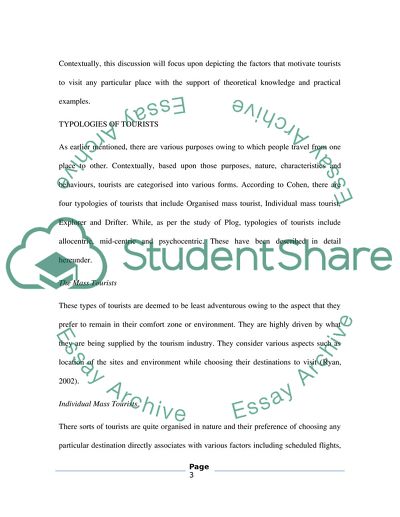Cite this document
(“Tourist typologies, motivation & decision making Essay”, n.d.)
Tourist typologies, motivation & decision making Essay. Retrieved from https://studentshare.org/tourism/1629064-tourist-typologies-motivation-decision-making
Tourist typologies, motivation & decision making Essay. Retrieved from https://studentshare.org/tourism/1629064-tourist-typologies-motivation-decision-making
(Tourist Typologies, Motivation & Decision Making Essay)
Tourist Typologies, Motivation & Decision Making Essay. https://studentshare.org/tourism/1629064-tourist-typologies-motivation-decision-making.
Tourist Typologies, Motivation & Decision Making Essay. https://studentshare.org/tourism/1629064-tourist-typologies-motivation-decision-making.
“Tourist Typologies, Motivation & Decision Making Essay”, n.d. https://studentshare.org/tourism/1629064-tourist-typologies-motivation-decision-making.


